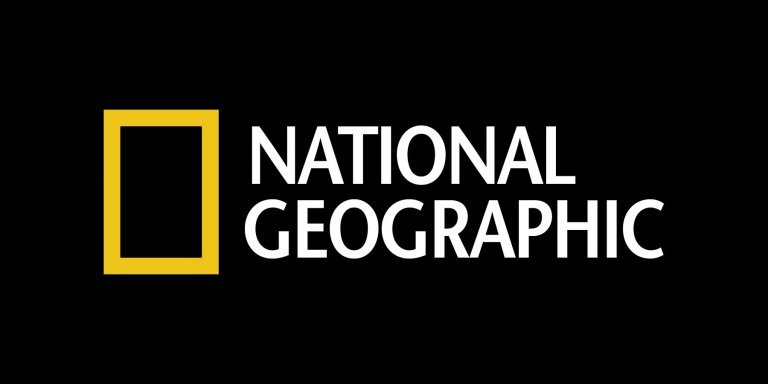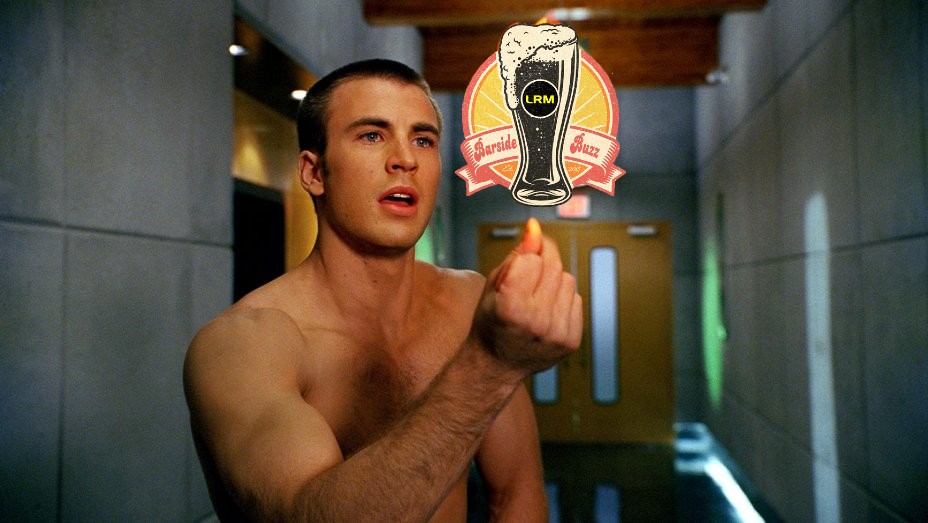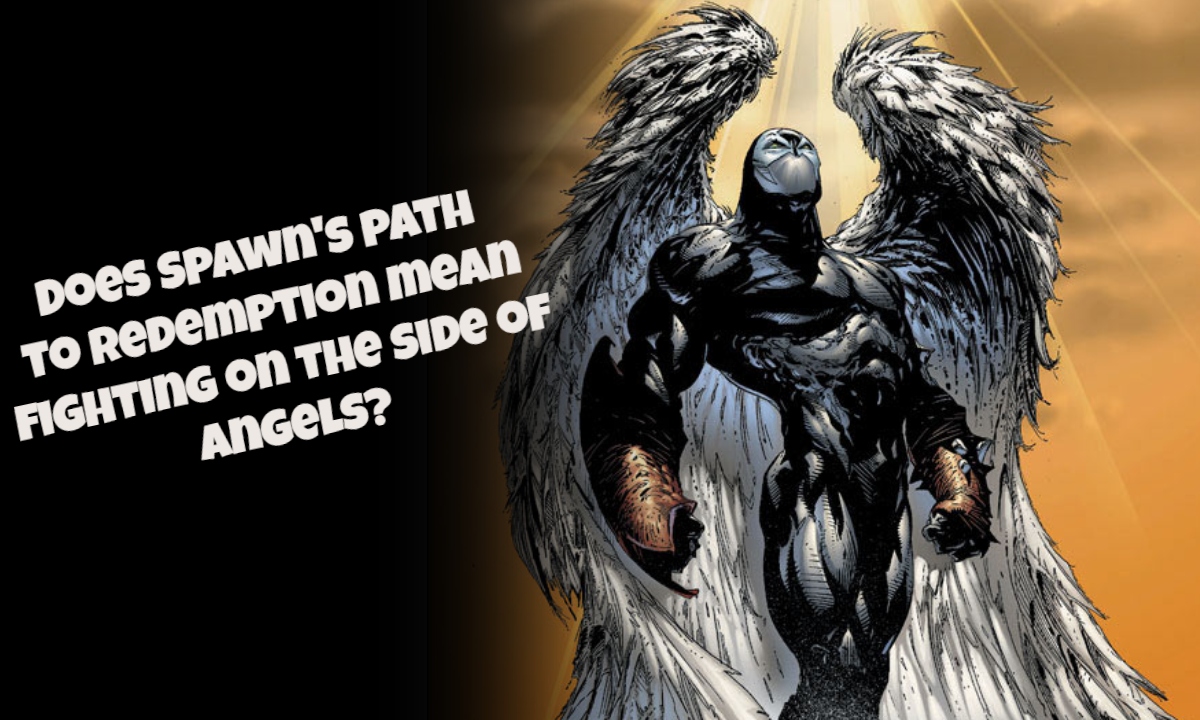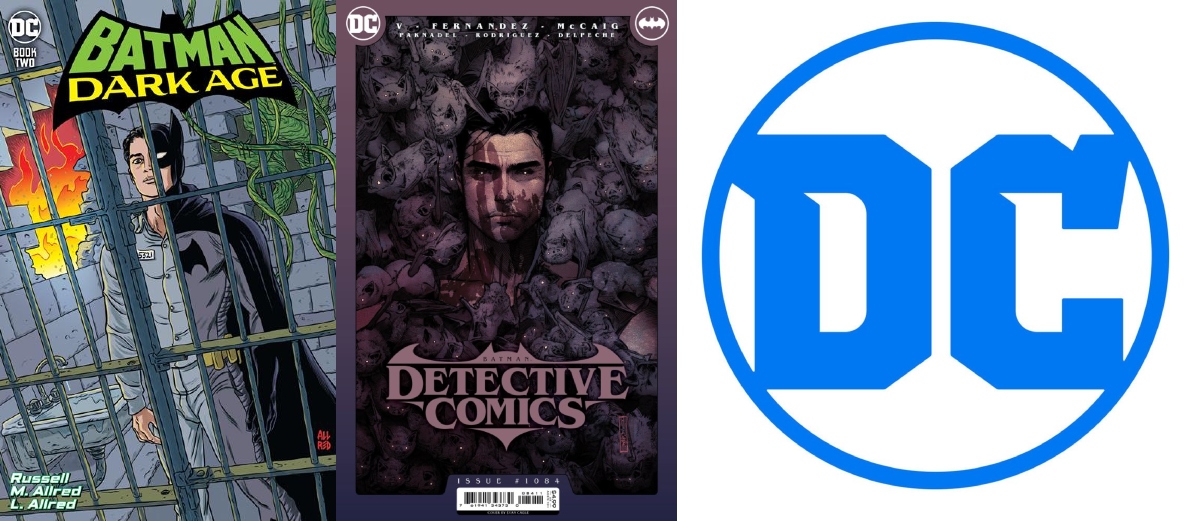
The year has only really just started, but the folks over at National Geographic are preparing for this year’s Earth Day, which takes place on April 22. This will mark the 50th anniversary of the Earth Day, and to celebrate, NatGeo will be devoting special programming across all three of their networks. This includes National Geographic, Nat Geo Wild, and National Geographic Mundo.
Their primetime schedule will begin on Earth Day with Born Wild: Earth Day Live,” which will feature correspondents all around the world. Two such correspondents are Brian Skerry and Matt Gutman, who will be reporting from Maui, Hawai’i, where they are working with humpback whales.
LRM Online had a chance to attend a press even at the TCA press tour, where the two discussed the program and its goals. In its entirety, National Geographic’s objective is to get viewers to fall in love with these animals and want to protect them.
Skerry: My name is Brian Skerry. I’m a National Geographic Magazine Photographer and Explorer. I specialize in marine wildlife and ocean subjects, sharks, whales, things like that.
Gutman: My name is Matt Gutman. I’m ABC Chief National Correspondent. I tell a lot of different stories, and some of them are about people like him, who do incredible things and spent decades dedicated to the things that they love and care about. So, yeah… And the reason we’re teamed up is cause I used to host a show called Sea Rescue and I am very excited to be under his wing, so to speak.
Skerry: So I don’t know if anyone has told you, but what we’re going to be doing as part of this National Geographic Earth Day Live Special, is we will be going to Maui, in Hawaii, to work with humpback whale moms and calves.
Skerry: Yeah. So anyway, I guess it’s a lot about juvenile animals and sort of talking about the future of the planet, celebrating this 50th anniversary in this rather unprecedented effort of, a live one hour with multiple locations and so forth. So, pretty excited about it. But I think it’s, for me anyway, it’s a unique opportunity with the platforms beyond National Geographic even, with ABC and Disney, to broaden the message and to talk a little bit about why we should still care, why we should still be inspired about this planet and the creatures that live there, and to think about the challenges that we and these animals are facing.
Press: Why baby animals? I mean, obviously they’re super cute, but often conservation efforts are slightly criticized for focusing on the super anthropomorphic, super cute animals.
Skerry: I think it’s simply, for me anyway, it’s really about looking at juvenile animals, baby animals, I want to say as a metaphor, but really as a way of talking about the future. You know, I personally believe that we’re living at this pivotal moment in time, where maybe for the very first time, we actually understand both the problems and the solutions that are facing us. I don’t think we ever did. Previous generations never knew how bad things were, and they really didn’t think about solutions. They just did what they did. But we do know that now. And the question is, are we gonna bear witness to the demise or the destruction or are we going to protect what we love? I remain optimistic, cautiously optimistic, that we will do that. But I think in a special like this, it really is about inspiring, about offering hope, and about using the next generation as a way of framing those issues.
Skerry: So, if you see a humpback calf that the mom has invested a year of gestation in, and then another year or more in teaching that calf the skills that it needs to survive… They’re not born with innate skills. They have to be taught, moms and calves, just like humans do. When you see that, and then you go to Africa and you see a lion family doing the same thing, we understand that these animals have personality, that they have culture, that they’re not that different than us and that they’re facing struggles because of us. And I think if we frame it in that way, it’s not just anthropomorphisizing and it’s not just going on, tugging on the heartstrings, but yet we do have to remind ourselves what we care about. We have to fall in love. I think this planet is pretty special, but sometimes we need a reminder.
Gutman: It gives you as a reason to be vested, right? I mean, and we’re making it up.
Skerry: Yeah.
Gutman: Humpback whales and their calves have an incredibly complex relationship. There is an interconnectedness between the parents of these animals and the Cubs or calves and also humans. And we have a responsibility in this too. But the idea is also not to bludgeon the viewer over the head. “Bad, bad, bad. We’re destroying this planet” It’s to give them a little bit of hope too. We’ve talked about coral in a previous session. So I did a big story about the dissipating coral reef off of the Great Barrier Reef. And there was a scientist who was based in Hawaii, she’s since passed away, who said she’s creating a heartier… strain of coral that could be able to withstand bleaching.
Gutman: And she said, “the idea is not to bludge people over the head, cause then they won’t care. You’ve got to give them a reason to hope”-
Press: Or worse yet, they’ll stop watching.
Gutman: Or stop watching.
Skerry: Mm.. I know. (Affirmative).
Gutman: So it’s about making them care. And again, my role, I’m not a scientist, and I know Brian’s also a journalist, but he’s really an expert. He’s been doing this for 40 years. And my role is to give people like him a platform to shine and show why they’ve been so dedicated, what makes, what we’re seeing in this five minute piece, so important that this really intelligent creature has dedicated his entire life-
Skerry: Oh, I thought you were talking about the whales-
Gutman: No. to memorializing. And-
Press: Aren’t you romanticizing a narrative that something that it doesn’t have a return? I mean, I don’t understand. You’re telling the kids, “Oh, everything’s cute. Everything’s nice.”
Gutman: No, no.
Press: But, I mean, the fact is, you’ll have plastic in the mouth of these babies.
Skerry: No. I think-
Gutman: And if we see that you are guaranteed that you’re going to see it on TV too.
Skerry: Yeah-
Press: The way that you just playing it in the language with a narrative, I think is important also.
Skerry: It absolutely is. And again, this is going to be a largely live event. It hasn’t been done yet, so I don’t know exactly how everything will unfold. It’s a bit unknown, a little nerve wracking I suppose. But my intent, and I think Matt would argue as well, we’re not here to whitewash anything. I mean, I think, if anything, National Geographic has been all about truth in climate change and 90% of the big fish in the… I did a story on the global fisheries crisis where I talked about 90% of the big fish in the ocean have been taken because of over-fishing, that were killing 100 million sharks every year, that we’ve lost 50% of the world’s coral reefs. The ocean is becoming acidic because of the carbon in the air.
Skerry: So, no. It’s just the opposite. But we still have reason to want to protect it.
Press: Maybe the question of framing, sorry… The framing of course you have to make a point. In the world that we live in, there’s so many challenges.
Skerry: Right. (Affirmative)
Press: Everybody’s looking at making a point why it’s important to look at this also. How does this connect to the greater Picture? Basically, do these documentaries have to look different today than they looked five years ago, you think?
Skerry: I’m curious. What do you mean by that? Why would they have to look different?
Press: Because, it’s not just about showing off the beauty of the natural world that’s out there somewhere. There is not just the point of poisoning, but also a serious consideration of interconnectedness it seems-
Skerry: No question-
Press: It’s not just because they’re cute, they’re beautiful, they’re amazing animals-
Skerry: Right-
Press: It’s a beautiful environment that we’re filming in, we’re in Hawaii. But it’s like an actual survival story that’s behind all that.
Gutman: So one of my roles is to ask Brian why this matters.
Skerry: Right.
Gutman: What are the challenges that this baby calf… Humpbacks can live 40 to 60 years in the wild?
Skerry: Yeah, Or longer. Yep, that’s right. What are they going to face in the next 40 years-
Gutman: What is it here? What does it face? And you might see us bobbing in the water, masks off, and there’s a boom mic from the boat. And this is my job to ask Brian about what these animals face and the challenges ahead. But yes, you’re going to see this encapsulation of this beautiful moment, the tender moment between mother and calf. But we can’t give you the whole world in a five minute piece, or whatever.
Skerry: But here’s what I would say also to that point, is that when I’m talking to people, whether it’s a single conversation or an audience, I try to bring it back home to them and why it matters. Probably the most powerful thing that I can reveal to somebody, if they don’t already know it, is that every other breath that a human being takes comes from the ocean. No matter whether you’re live in California, or the middle of the Sahara Desert, or Nebraska, or wherever you live, more than 50% of the oxygen that human beings breathe, that any animal that breathes air, breathes, comes from the ocean. It is the greatest carbon sink on earth. We hear about the rainforest and the trees, which are all very important, but the ocean takes in more carbon, gives us back more oxygen. The phytoplankton, the coral reefs, all these animals that live in the ocean that give back oxygen.
Skerry: So even if you don’t really care about the ocean, you should care that there is a healthy ocean. Most scientists tell us that we need to protect about 40% of the world’s oceans to have a healthy future. And today we’re only at about 3%. So the greatest thing that we can do to protect our planet, in my opinion, from my ocean centric view, is to create more marine protected areas. If you’re a signatory to the Paris Climate Accord, and you have a E-E-Zed, if you have an E-E-Z and you can create a Marine protected area, you can meet your obligation to the Paris accord by doing just that. Ocean protection equals climate stability. It mitigates storm damage, it creates more fish, it creates more oxygen. So all of those things are really good.
Skerry: So, if through a special like this, we can introduce people to mother and baby humpback whales, and that humpback whale has a 40 or 50 year future ahead of it, and you understand that the health of that whale and the health of the ocean is directly tied to your life, that there is an impact no matter where you live, then maybe we’ve done some good, you know?
Skerry: So, I think it’s about good information, good visuals showing good science that says these are the problems, having a sober view of the problems, but also a sober view of the hope and the reasons that we can solve them. As I said, I think we’re living in a time where we understand problems and solutions, and the only way we’re going to be motivated to go toward those solutions is if we know that there is reason for hope.
Gutman: And the beauty of this partnership between National Geographic and ABC news and Disney, is that it’s not just going to be that one live special hour. Our stuff, Brian and my stuff, will be featured on Good Morning America and World News, and we’re going to do a Nightline and we’re going to do ABC Live, which I don’t know if you’ve heard about this new live thing that we’re launching. Disney has invested many millions of dollars, hired dozens and dozens of people to make this new live streaming platform, the biggest in the business. And it has a lot of time to let this conversation breathe. So that’s the cool thing for me, is that it’ll live in many different iterations.
Skerry: Yeah.
Tune in to National Geographic this coming Earth Day!
Don’t forget to share this post on your Facebook wall and with your Twitter followers! Just hit the buttons on the top of this page.
—–
Have you checked out LRM Online’s official podcast feed yet The LRM Online Podcast Network, which includes our flagship podcast Los Fanboys, our premiere podcast Breaking Geek Radio: The Podcast, and our morning show LRMornings? Check it out by listening below. It’s also available on all your favorite podcast apps!
Subscribe on: Apple Podcasts | Spotify | SoundCloud | Stitcher | Google Play

 FOR FANBOYS, BY FANBOYS
Have you checked out LRM Online’s official podcasts and videos on The Genreverse Podcast Network? Available on YouTube and all your favorite podcast apps, This multimedia empire includes The Daily CoG, Breaking Geek Radio: The Podcast, GeekScholars Movie News, Anime-Versal Review Podcast, and our Star Wars dedicated podcast The Cantina. Check it out by listening on all your favorite podcast apps, or watching on YouTube!
Subscribe on: Apple Podcasts | Spotify | SoundCloud | Stitcher | Google Play
FOR FANBOYS, BY FANBOYS
Have you checked out LRM Online’s official podcasts and videos on The Genreverse Podcast Network? Available on YouTube and all your favorite podcast apps, This multimedia empire includes The Daily CoG, Breaking Geek Radio: The Podcast, GeekScholars Movie News, Anime-Versal Review Podcast, and our Star Wars dedicated podcast The Cantina. Check it out by listening on all your favorite podcast apps, or watching on YouTube!
Subscribe on: Apple Podcasts | Spotify | SoundCloud | Stitcher | Google Play



